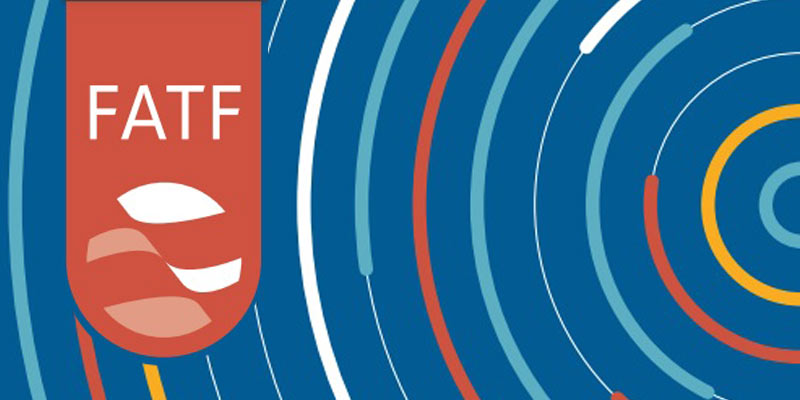- India
- Jun 17
FATF condemns Pahalgam terror attack
• The Financial Action Task Force (FATF) said the Pahalgam terror attack on April 22, which killed 26 people, would not have been possible without money support, and it will soon release a report on terror financing cases, including state-sponsored terrorism.
• The FATF, in a rare move, condemned the terror attack and said it will increase its scrutiny on countries to see what steps they are taking to combat terror financing.
• FATF generally takes action against rogue states based on compliance with its anti-money laundering and counter-terrorism financing norms.
• If Pakistan is found to be involved in funding terror groups, the FATF could put the country in ‘Grey List’ and implement economic sanctions on the country.
What is the FATF?
• The FATF is an inter-governmental body established in 1989 by the ministers of its member jurisdictions.
• The objectives of the FATF are to set standards and promote effective implementation of legal, regulatory and operational measures for combating money laundering, terrorist financing and other related threats to the integrity of the international financial system.
• The FATF is a policymaking body that works to generate the necessary political will to bring about national legislative and regulatory reforms in these areas.
• The FATF currently has 39 members including two regional organisations — the European Commission and Gulf Cooperation Council.
• FATF suspended membership of the Russia on February 24, 2023
• India is a member of the FATF consultations and its Asia Pacific Group.
The FATF has two types of lists:
1) High Risk Jurisdictions Subject to a Call for Action (Black List)
2) Jurisdictions under Increased Monitoring (Grey List).
1) Black List
• High-risk jurisdictions have significant strategic deficiencies in their regimes to counter money laundering, terrorist financing, and financing of proliferation.
• This list is referred to as the ‘Black List’.
• Iran, North Korea and Myanmar are on the FATF Black List.
2) Grey List
• When the FATF places a jurisdiction under increased monitoring, it means the country has committed to swiftly resolve the identified strategic deficiencies within agreed timeframes and is subject to increased monitoring.
• Inclusion in the Grey List makes it difficult for a country to get financial aid from world bodies such as the IMF. The list makes it difficult to get investors and creditors, adversely impacts exports, output and consumption and also makes it difficult for global banks to do business with a listed country.
• Algeria, Angola, Bolivia, Bulgaria, Burkina Faso, Cameroon, Ivory Coast, Democratic Republic of the Congo, Haiti, Kenya, Lao PDR, Lebanon, Monaco, Mozambique, Namibia, Nepal, Nigeria, South Africa, South Sudan, Syria, Venezuela, Vietnam, Virgin Islands (UK) and Yemen are on the FATF Grey List.
Manorama Yearbook app is now available on Google Play Store and iOS App Store

